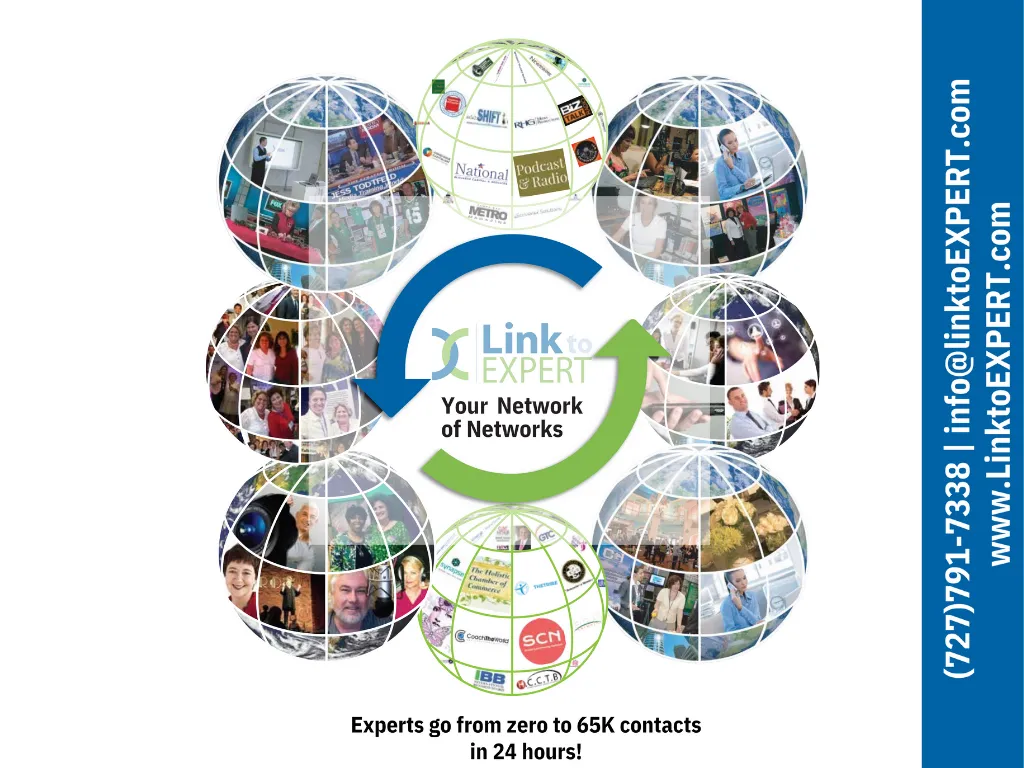

The Truth About Productivity: Time is Not Money
I recently rewatched The Stepford Wives (2004 version). While it’s not a great movie by any means, I was reminded that even back then, rest was a dirty word.
For knowledge workers, time doesn't always equal money. Especially since the keys to productivity aren't in the work itself but things like sleep, loved ones, and activities outside work. Being able to get more accomplished during the day is true productivity, which leads to more time spent recharging outside work, which leads to more true productivity. A virtuous circle!
True productivity is about accomplishing important work
First of all, what is “true” productivity? I’m calling it that to separate it from toxic productivity. You know what the toxic stuff is: being told to get up at 4 in the morning, feeling like if you become more efficient you’ll just get loaded down with more work, and so on.
True productivity not only allows you to have a life outside work, but actually encourages time away from the business.
The second piece is accomplishment. When I’m giving a talk on productivity, I’ll ask the audience if within the past two weeks, they had a day where they were busy from morning until night. Yet upon reflection they hadn’t actually accomplished a single thing. Practically every hand in the room goes up. Every single time I ask that question.
The third piece is the important work – things you (the business owner) need to complete.
Do you need to answer every email that comes in? Answer your phone? Order office supplies? Fix computers? Make copies? Send payments to your vendors? Even if you’re a solopreneur, a lot of these can be delegated and/or automated.
Time management for true productivity isn’t about acting like a machine
Back in the 80s and 90s, we had these weekly paper planners where every day was broken down into 15-minute blocks. But when you block time in 15-minute increments, as soon as one task goes over its time, your entire day is shot. So much for machine-like efficiency.
You know what else we did in the 80s and 90s? Go out to lunch.
Some of the lunches were liquid, which I don't advocate bringing back. But team lunches weren’t just about ordering pizza. People would actually physically leave the office.
When I lived and worked in NYC in the late 90s/early 2000s, my boss would take us to a steakhouse for a team lunch together. Not particularly efficient, you might think. But (unless there was too much liquid at lunch), that brain break made us more productive.
The human brain is not a computer. In some ways the brain is far more powerful than a computer: it can figure out your position in the social hierarchy at the same time it’s regulating your breathing and heartbeat and guiding you down the sidewalk.
All a computer can do is obey computer code.
The concept of time = money fails when it comes to productivity
Time on this planet is scarce, but money is abundant.
Going back to the efficiency thing: if your discrete tasks take a certain amount of time, you can easily compute an hourly rate. If you work eight hours in widget production for $500 a day, then your hourly rate is $500 for 8 hours or $62.50 an hour. You’ll also know how many widgets you make per hour, so if you do ten widgets an hour then you earn $6.25 per widget. Simple, right?
When it comes to knowledge work, because there aren’t many tasks that take a discrete amount of time, calculating the time value of money is a lot harder to do.
For example, what’s the rate on financial plans, if some financial plans take half an hour, some take an hour, and others take multiples of hours?
What’s the rate on tax returns when you have to spend hours just getting the data from some of the clients, and some companies have ten subsidiaries and others have one or two?
How much money do you earn while sleeping, eating, and moving your body? Does that make them unnecessary?
Are all the things that the human brain needs to flourish and be productive – which includes socializing (introverts too), eating, sleeping, resting, daydreaming, doing whatever activity counts as fun for you – somehow less important because you can’t assign a monetary value to them?
What’s the rate of return on sleep? Only a very small percentage of the population can get away with less than seven or eight hours a night. Regularly getting less means you run the risk of neurodegenerative diseases later in life, not to mention you’re risking poor performance in the short term.
What’s your ROI on eating? You can’t do focused work while you’re eating. It takes about 20 minutes for your brain to get the message that you’re full. If you’re cramming lunch in 5 minutes, you could end up with indigestion from eating so fast. Plus you might eat more than you planned because you think you’re still hungry. Five minutes may seem efficient, but it’s not.
How much are your friendships worth? What’s the ROI of your family?
These “nonproductive” activities are absolutely necessary for humans to function. Ignore them at your peril.
You already know you’re feeling overworked and overwhelmed. The answer is not to do more and be “busier”, as if that would actually be possible for you!
The answer is true productivity that allows you to have a profitable business and still thrive as a person.
“I was the world’s foremost brain surgeon and genetic engineer.I had top secret contracts with the Pentagon, Apple, and Mattel. I was driven. Exhausted.”
Claire Wellington (Glenn Close), The Stepford Wives
© 2017-2024 ~ Sharon Ringier Consulting ~ All Rights Reserved.
Website Terms & Conditions | Online Privacy Policy








